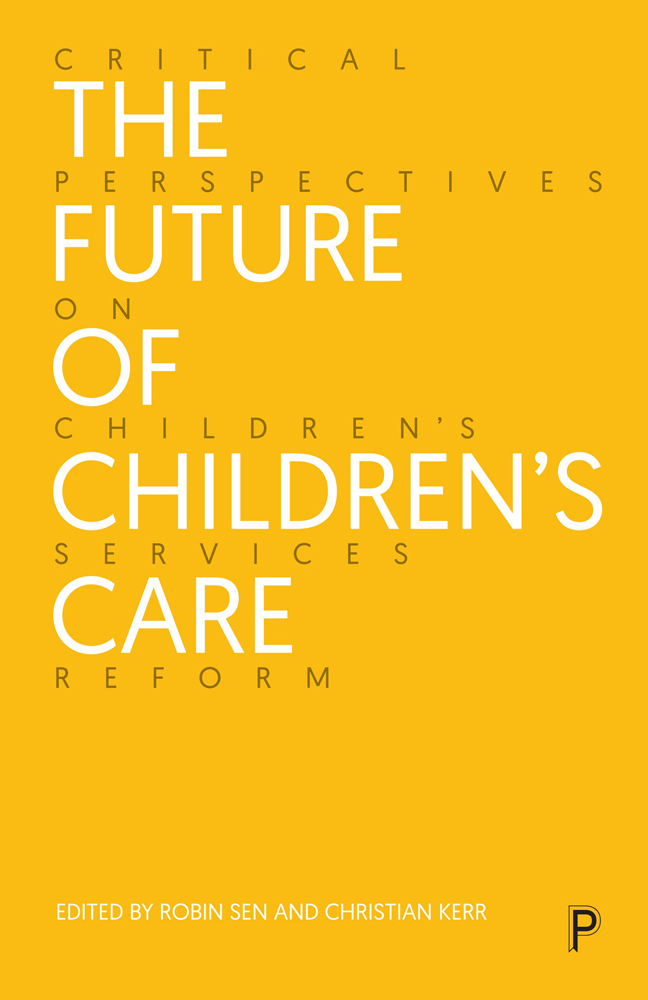Book contents
- Frontmatter
- Dedication
- Contents
- Notes on contributors
- Acknowledgements
- Foreword
- 1 Introduction: critical perspectives on children’s services reform
- 2 Where now? Children's rights in England into the 2020s
- 3 More of memes than schemes: networked propagation in children's social care
- 4 Reclaiming social work, the social work complex and issues of bias in children's services
- 5 Humane social work practice: a more parent friendly system? Hopes and challenges in the 2020s
- 6 Exploring and re-imagining children's services in England through a decolonial frame
- 7 Kinship care for England and Wales in the 2020s: assumptions, challenges and opportunities
- 8 If adoption is the answer, what was the question?
- 9 Caring for children and young people in state care in the 2020s
- 10 Protecting children: a social model for the 2020s
- 11 Conclusion: children's services reform looking back and forwards
- Index
5 - Humane social work practice: a more parent friendly system? Hopes and challenges in the 2020s
Published online by Cambridge University Press: 23 January 2024
- Frontmatter
- Dedication
- Contents
- Notes on contributors
- Acknowledgements
- Foreword
- 1 Introduction: critical perspectives on children’s services reform
- 2 Where now? Children's rights in England into the 2020s
- 3 More of memes than schemes: networked propagation in children's social care
- 4 Reclaiming social work, the social work complex and issues of bias in children's services
- 5 Humane social work practice: a more parent friendly system? Hopes and challenges in the 2020s
- 6 Exploring and re-imagining children's services in England through a decolonial frame
- 7 Kinship care for England and Wales in the 2020s: assumptions, challenges and opportunities
- 8 If adoption is the answer, what was the question?
- 9 Caring for children and young people in state care in the 2020s
- 10 Protecting children: a social model for the 2020s
- 11 Conclusion: children's services reform looking back and forwards
- Index
Summary
Introduction
We are living in some very strange times. A time when we all share the same values: equality, community, taking care of our most vulnerable and an abhorrence of discrimination. There is consensus, however challenged, that human rights are vital freedoms which all people should enjoy. Nonetheless, an insidious, alarming thing has been happening – as a society, across health, social care, education and across the general public – we have let fear creep in and steal our sense of unity. We have let fear drive us to judgement and division. Our current child protection system is full of fear and in thrall to risk. It begets controversy and adversarialism. From risk assessments to supervised contact, the ‘toxic trio’ (Skinner et al, 2021) to Fabricated and Induced Illness, we struggle to find safety. We flail about in the depths of our fears as we grapple with how to support families and, just as crucially, how to support our social workers. From a parent's perspective, it can feel like social workers charge forth on their noble steeds to rescue princes and princesses from their cold, neglected dragon (parent) guarded towers. Equally, from a parent's perspective, I can see that social workers have a sincere and earnest desperation to make a difference, to help people, and they too feel every bit as terrified of having their actions seen in the most negative light as parents.
It is this fear that is dividing us, and it is precisely where we are going wrong. Research in trends in separation of parents shows that while child protection investigations have tripled there has been no reduction in child deaths (Bilson and Hunter Munro, 2019). Doing more of the same is not creating better outcomes. We need to reflect on our current practices because child protection investigations cause harm, and it is vital that we do not cause harm to prevent the possibility of harm. From all angles, we need to rewrite this child protection narrative. We want a happy-ever-after for our children, and we can co-write the story to succeed in this goal, but we must do it together and we need to prioritise those who are facing the challenges that lead to family crisis at the heart of creating solutions.
- Type
- Chapter
- Information
- The Future of Children's CareCritical Perspectives on Children's Services Reform, pp. 85 - 100Publisher: Bristol University PressPrint publication year: 2023



